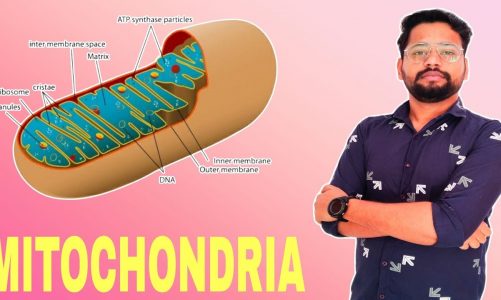BINA Scientific Speaker Series | Chantell Evans, June 13, 2023
For more details on this series & to register to join us, please visit:
https://www.bioimagingnorthamerica.org/events/bina-speaker-series-registration/
Presentation Title: Investigating mitochondria quality control dynamics in neuronal homeostasis and disease
Presenter: Chantell Evans
Abstract:
Neurodegenerative diseases are characterized by the progressive structural and functional loss of neurons. A hallmark of these incurable diseases is the accumulation of aberrant mitochondria accompanied by increased mitochondrial stress and dysfunction, suggesting that mitochondrial dysregulation plays a role in disease progression. Emerging evidence from our work and others suggests that several mechanisms are required to maintain mitochondrial health. Mitophagy is one of these quality control pathways, where damaged mitochondria are selectively removed from the cell via autophagosome engulfment and downstream lysosomal acidification. Mitophagy appears important for neuronal homeostasis, and mutations in pathway components are causative of Parkinson’s disease and ALS. Here, we used live imaging to gain mechanistic insight into the temporal dynamics of mitophagy in primary neurons. We find that mild oxidative stress induces low levels of mitochondrial damage and mitophagy without compromising the entire neuronal network. To probe the time-course of neuronal mitophagy, we developed a pulse-chase labeling paradigm to monitor turnover based on spectrally distinct “aged” mitochondrial populations. Mitophagy-associated proteins, including Parkin, TBK1, and OPTN, rapidly translocated to depolarized mitochondria, and damaged organelles were efficiently sequestered in autophagosomes within an hour of damage. Surprisingly, we determined that damaged organelles persist in the soma of neurons for hours to days after initial mitochondrial insult. The time course of mitochondrial turnover was slower in neurons compared to non-neuronal cells, where we visualized rapid acidification of depolarized mitochondria an hour after the insult. We identified lysosome fusion and acidification to remove damaged mitochondria as a rate-limiting step in neuronal mitophagy. The slow rates of turnover that we describe likely contribute to the mitochondrial accumulation detected on early neurodegenerative disease onset.
source


